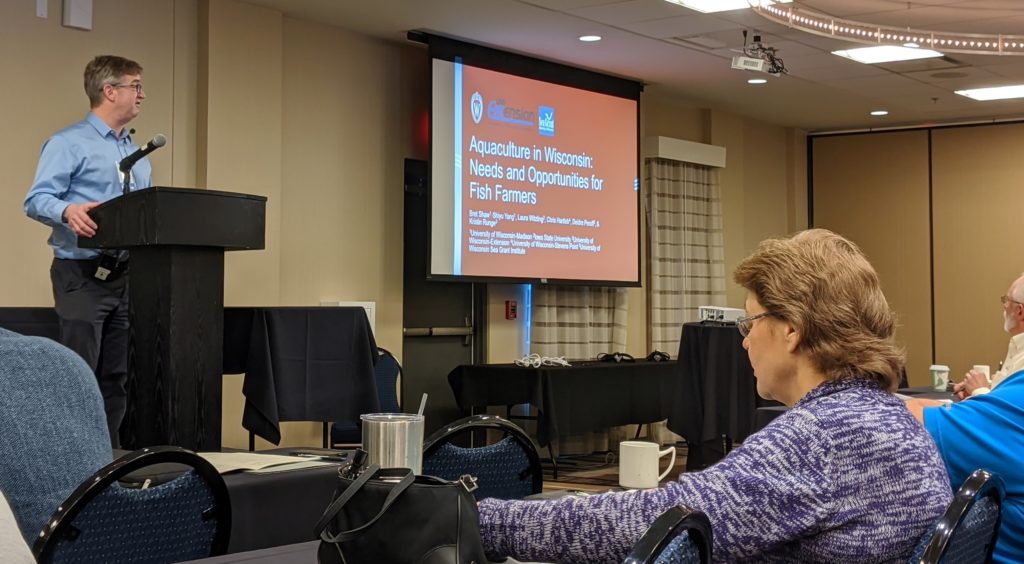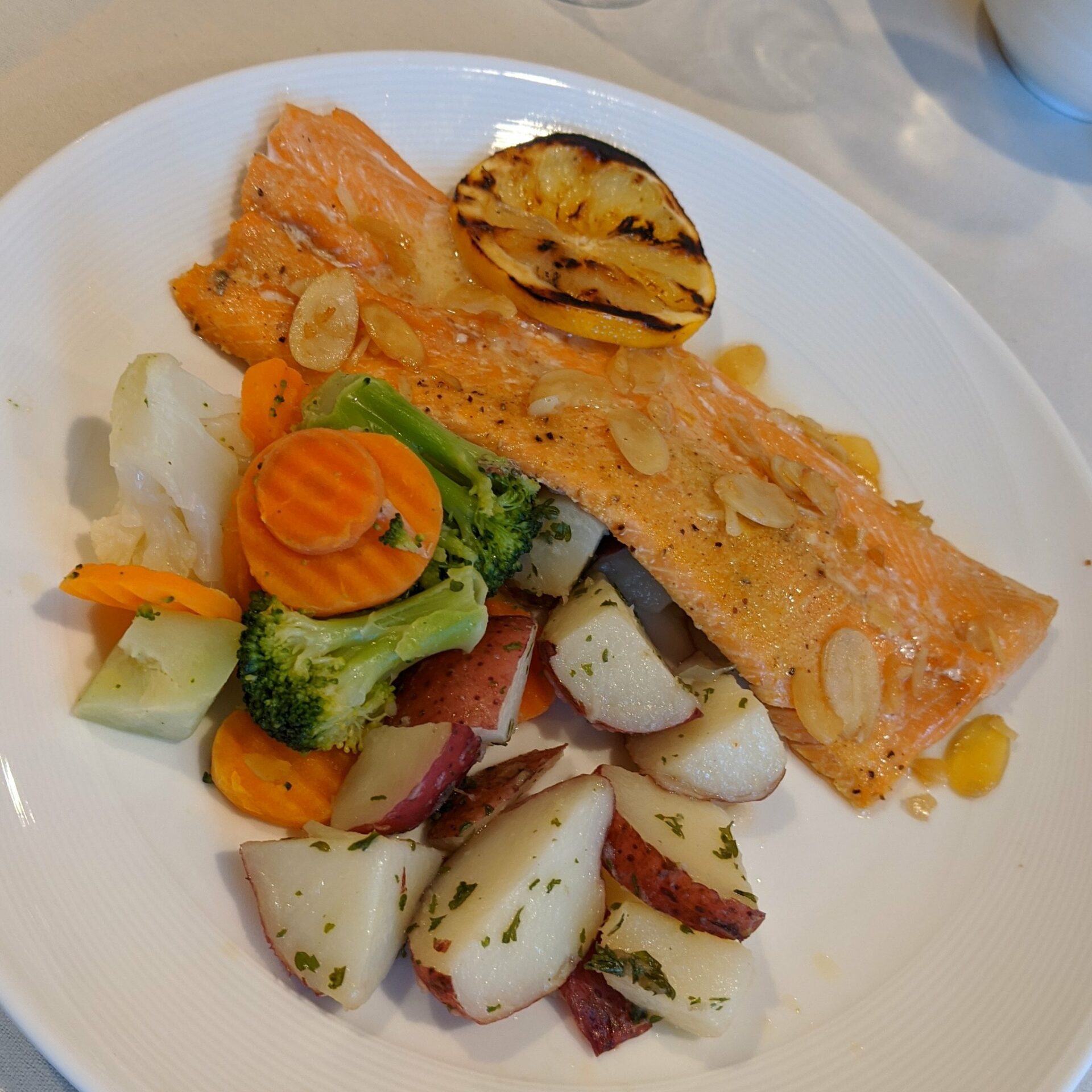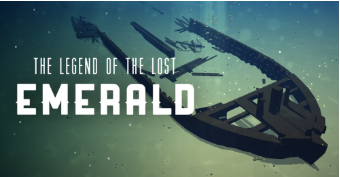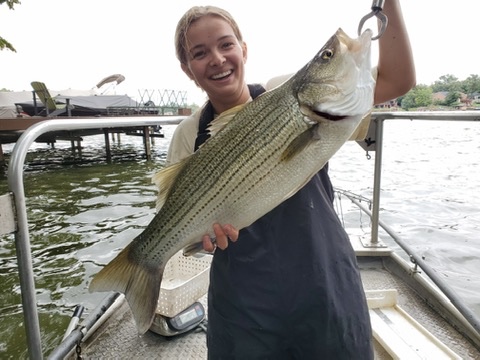When you picture farming in Wisconsin, you might think first of dairy cattle or vegetable crops. But aquaculture, or fish farming, is also an important part of Wisconsin’s ag economy.
As one speaker—Todd Kalish of the Wisconsin Department of Natural Resources—pointed out at the Wisconsin Aquaculture Association’s annual conference earlier this month, fish farming represents $21 million in economic activity for our state and 500 jobs. Among Midwestern states, Wisconsin is home to the highest number of aquaculture operations.
Before the COVID-19 pandemic brought business travel to a halt for many, the Wisconsin Aquaculture Association (WAA) held its annual meeting March 6-7 in Marshfield. Wisconsin Sea Grant co-sponsored the conference, reflecting the importance the National Sea Grant Office places on developing sustainable, domestic aquaculture.
The theme of this year’s WAA conference was “Diversifying Our Markets.” As the organization’s president, Bill West of Blue Iris Fish Farm, noted, a lot of farmers love growing things, but find that marketing is not their strong suit or passion. As a result, several sessions were designed to help farmers think creatively about how to connect with consumers.

Bret Shaw presents Sea Grant-supported research on needs and opportunities faced by Wisconsin fish farmers. (Photo: Jennifer Smith)
University of Wisconsin-Madison researchers Bret Shaw and Kristin Runge presented their Wisconsin Sea Grant-funded research over several sessions. They undertook a multi-part project that looked at how fish farmers perceive their industry, and what their needs and opportunities are; what Wisconsin consumers think about farm-raised fish; and how people respond to social-media messaging about farmed fish.
Although not present at the conference, collaborators in this work included Shiyu Yang, Laura Witzling, Chris Hartleb and Deidre Peroff. You can find full reports on the work done by this team online (see “Aquaculture in Wisconsin: Results from a Statewide Survey of Fish Farmers” and “Consumer Attitudes Toward Wisconsin Farm-Raised Fish: Public Opinion and Marketing Recommendations.”)
Other sessions covered public-private partnerships related to fish stocking, the latest research from the University of Wisconsin-Stevens Point Northern Aquaculture Demonstration Facility, fish health and biosecurity, yellow perch research at the University of Wisconsin-Milwaukee, workforce development and more.

Rainbow trout served at lunch came from Silver Moon Springs Farm in Elton, Wisconsin. (Photo: Jennifer Smith)
Of course, it’s not an aquaculture conference without getting to taste the fruits of Wisconsin farmers’ labors. In addition to the traditional “Taste of Wisconsin” evening social highlighting local products, Friday’s lunch—while attendees heard from National Aquaculture Association President Paul Zajicek—was a tasty and healthy plate of rainbow trout from Silver Moon Springs Farm in Elton, Wisconsin.





